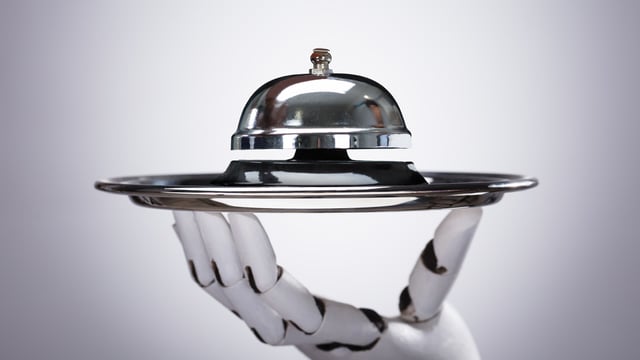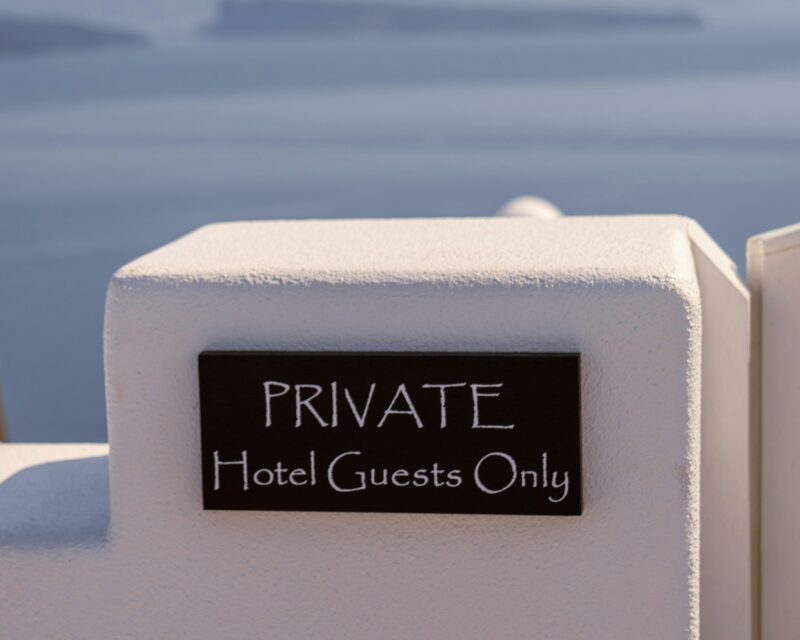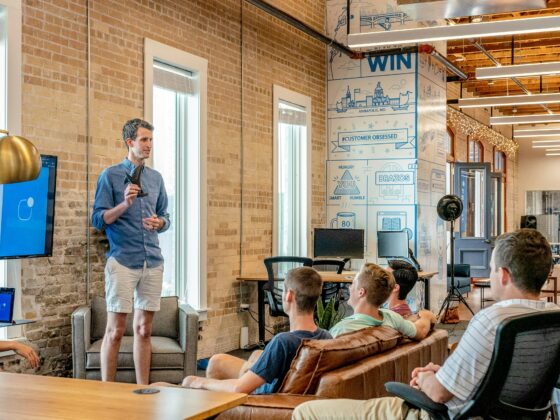
For hotels, the guest experience is no longer confined to the physical property—it begins the moment a traveler starts exploring options online. During a conversation on HITEC’s show floor, Ethan Wiseman, Sr. Director of Product Management at Sabre Hospitality emphasized the growing importance of bringing the essence of a hotel’s brand and personalized service into the digital space.
“You spend tons of time curating phenomenal experiences on property, especially with concierge teams. How do you extend that into the digital space?” he asks. Sabre Hospitality’s answer is SynXis Concierge.AI, an AI-powered solution integrated into the SynXis Booking Engine and guest communication channels, designed to deliver curated, brand-controlled information that meets guests where they are, in over 50 languages.
This move reflects a broader trend at HITEC 2025 toward leveraging AI to provide seamless, omnichannel guest engagement. Concierge.AI responds to real-time inquiries via chatbots embedded on websites, emails, social media platforms such as WhatsApp and Instagram, and even phone systems through AI-powered voice agents. It supports guests before, during, and after their stay, offering room suggestions, local experiences, and quick answers to questions like pet policies—all while allowing hoteliers to maintain control over messaging and brand voice.
Yet, Wiseman was clear that AI’s role isn’t to replace human interaction but to complement it. “Human interaction is completely essential,” he said. Hotels can set thresholds to ensure AI seamlessly escalates complex or frustrated guest interactions to live agents, preserving the personalized service expected, especially by high-end brands. This balance is critical given the hospitality sector’s diverse customer base: younger guests may prefer digital messaging, while older travelers still value phone calls and face-to-face communication.
Another key trend Wiseman highlighted was the shift from traditional search to AI-driven discovery and inspiration. Instead of browsing multiple sites or platforms, travelers increasingly rely on AI chatbots to plan entire trips—budget, itinerary, and hotel choice—within a single conversational experience. Hotels that deliver rich, SEO-optimized content and personalized offers directly within these AI workflows stand to gain higher direct bookings and reduce dependence on online travel agencies (OTAs).
Wiseman draws inspiration from e-commerce giants like Shopify in how hotels must evolve their digital presence—not just providing bookings but creating compelling, aesthetic websites that tell their unique brand story and curate ancillary offers. This end-to-end approach, from digital marketing to seamless booking to personalized guest experiences, is key to capturing and retaining travelers’ attention in an era of shrinking attention spans and high expectations for convenience.
Reducing cancellations also emerges as a crucial benefit of AI-driven personalization. By lowering barriers—such as allowing guests to quickly clarify pet policies via WhatsApp or receive timely suggestions for experiences—hotels increase the likelihood that guests will commit to their stay and show up, ultimately protecting revenue.
The potential for AI to create “sticky” customers is further amplified by influencer partnerships and curated content, which Wiseman notes can dramatically boost demand. One luxury property he mentioned was sold out for a full year following an influencer campaign, showcasing how digital inspiration paired with AI-enabled booking can create powerful revenue outcomes.
In summary, the hospitality industry’s future is increasingly digital, driven by AI technologies like Sabre Hospitality’s SynXis Concierge.AI that enable hotels to deliver personalized, multilingual, and omnichannel guest engagement. By thoughtfully blending automation with human touchpoints, hotels can elevate guest experiences, capture more direct bookings, reduce cancellations, and ultimately deepen loyalty—all while preserving the unique spirit that makes each property special.










